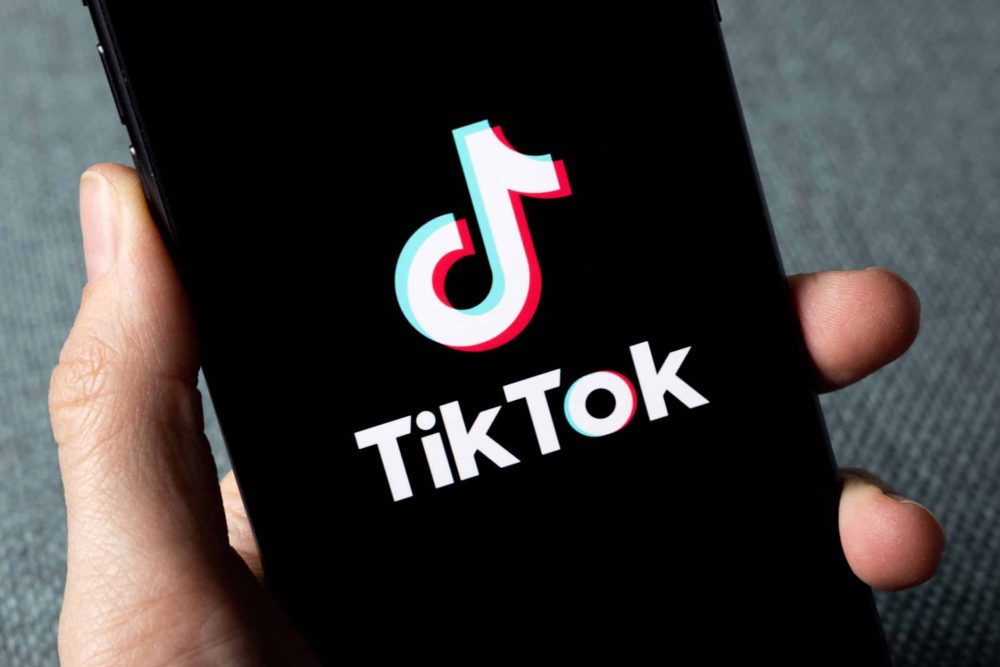Fake TikTok accounts have spread disinformation about the Russia-Ukraine conflict to millions, recent data from the Chinese social media platform finds.
The firm said it was utilised to disseminate content designed to “artificially amplify pro-Russian narratives” on the conflict.
It targeted users in Ukraine, Russia, and various European countries.
Read More: EU Gives Meta And TikTok Deadline On Hamas Disinformation
Some of these accounts falsely presented as news outlets, further complicating the spread of accurate information.
An additional investigation by the BBC, published on Friday, uncovered 800 fake accounts engaging in a disinformation campaign across European countries.
These accounts purportedly made false claims about senior Ukrainian officials and their relatives acquiring luxury items like cars and villas after Russia’s invasion in February 2022.
TikTok said it launched its own probe before the BBC report and had already removed all identified fake accounts.
Read More: Meta Dismantles Thousands Of Fake Accounts Based In China
A TikTok spokesperson said: “We constantly and relentlessly pursue those that seek to influence its community through deceptive behaviors.”
The platform found most of the fake accounts, approximately 13,000, were operating within Russia.
“Campaign of malicious cyber activity”
They disseminate Kremlin war propaganda in local languages to audiences in Ukraine, Russia, Germany, Italy, Turkey, Serbia, Czechia, Poland, and Greece.
Despite this, TikTok traced back several accounts operating from within Ukraine.
They actively amplified narratives with the goal of fundraising for the Ukrainian military.
TikTok revealed the cumulative followers of these fake accounts exceeded one million.
Need Career Advice? Get employment skills advice at all levels of your career
However, videos shared on the platform routinely reach audiences in the millions.
These findings build on earlier reports of fake pro-Russia accounts on TikTok.
The platform has increased efforts in self-reporting amid growing international pressure on social media platforms to curb the influence of false users and disinformation.
This development comes a week after the UK accused Russia of conducting a sustained “campaign of malicious cyber activity.”
It was aimed at undermining British democracy and targeted politicians, civil servants, and journalists over several years.




